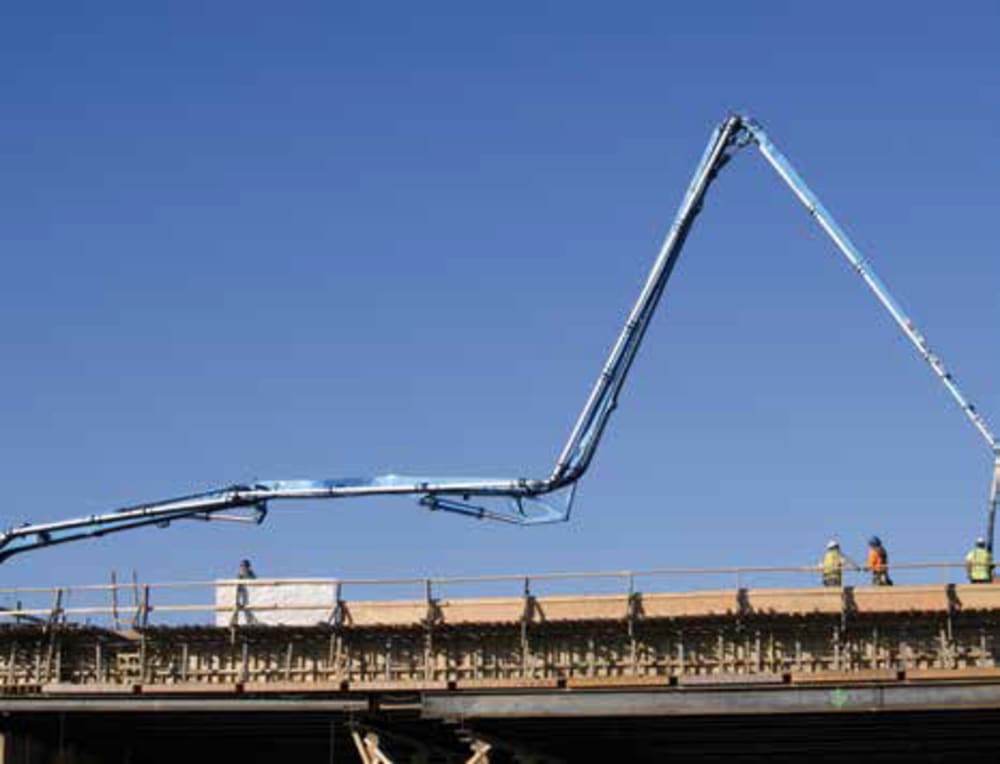

NASA’s Langley Research Center is developing a robotic arm with lightweight joints that provide a wide range of motion. The envisioned design provides users with a long reach and numerous degrees of freedom. The arm, ideal for use in aquatic environments or for manipulation of light terrestrial loads, consists of articulating booms connected by antagonistic cable tension elements. The arm elements are structurally efficient and lightweight, and support compact packaging. The inherent mechanical advantage provided by the tendon articulation allows the use of small, efficient motor systems. The manipulator can be scaled over a large range— from 10m (load-bearing arm) to over 1000m (submersible or float-supported arm). Current efforts are focusing on a 15m prototype and a 300m subsystem to test the unique robotic architecture.
The lightweight and hyperdextrous nature of the NASA-developed robotic arm is
enabled by its tendon-articulated joints. Manipulator joints are actuated by capstans
or winches located along the boom. This configuration offers significant mechanical
advantage and improved efficiency over existing arms that use weighty gearboxes and
motors. The arm joints have very high structural efficiency and significantly reduce
manipulator mass while achieving a high level of joint stiffness. To further reduce
weight while maintaining strength, stiff truss structures replace tubular links or booms
between joints.
Inventors have developed an algorithm to scale the arm based on tip load, reach, and
tip deflection inputs for any given application. The design can be extended by the
addition of articulating joints and degrees of freedom for improved arm dexterity.
A prototype model of the joint is being fabricated, and range-of-motion tests are
forthcoming. Required motor and controller architecture, sensors, hardware, and
software systems are under development.
Video
-
Awards
-
 2015 Machinery/Automation/Robotics Category Winner
2015 Machinery/Automation/Robotics Category Winner -
 2015 Top 100 Entries
2015 Top 100 Entries
Like this entry?
-
About the Entrant
- Name:Nasa Langley Research Center
- Type of entry:teamTeam members:William R. Doggett (LaRC)
John T. Dorsey (LaRC)
Geroge G. Ganoe (LaRC)
Bruce D. King (Lockheed)
Thomas C. Jones (LaRC)
Charles D. Mercer (Stinger Ghaffarian Technologies (STG))
Cole K. Corbin (LaRC) - Patent status:pending

